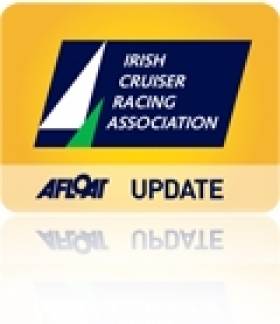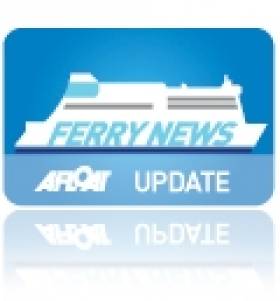Displaying items by tag: crane
Royal Cork Yacht Club has announced a special deal for competitors trailing boats to next month's Irish Cruiser Racer (ICRA) National Championships of €100 Euro per boat to cover lift in and out for the regatta. Mast stepping in and out is also inlcuded, if required.
The hoist facility will enable a number of 25-30 footers planning to travel from Dun Laoghaire, Howth and Sligo to come by road. 'This facility is a great boost and will encourage more boats to travel' said ICRA Commodore Barry Rose.
ICRA and the Royal Cork have also agreed to extend the discounted entry fee of Euro 125 to the end of month. The racing body, that recently lifted the club of the year award, has also agreed special discounts at a local hotel.
On the water, Principal Race officers Peter Crowley, Richard Leonard and Douglas Deane are progressing plans for the national championships programme that runs from June 17-19.
Ferry Falls from Crane in Galway Docks
An investigation is underway into an incident in Galway Docks this morning after a ferry being loaded onto a cargo ship snapped, injuring three men, according to news reports.
A sling that was being used to lift the ferry onto the cargo ship, snapped and the ferry fell 12 metres (40ft) into the water.
Three men have been taken to hospital. They were involved in the loading of a passenger ferry, Clann Na nOilean, onto a large ocean-going freight carrier in the harbour.
All further work on the removal of two passenger ferries at the docks has now been suspended. RTE News has a dramatic picture of the incident here.
Latest Ferry News
Latest Ports and Shipping News






























































